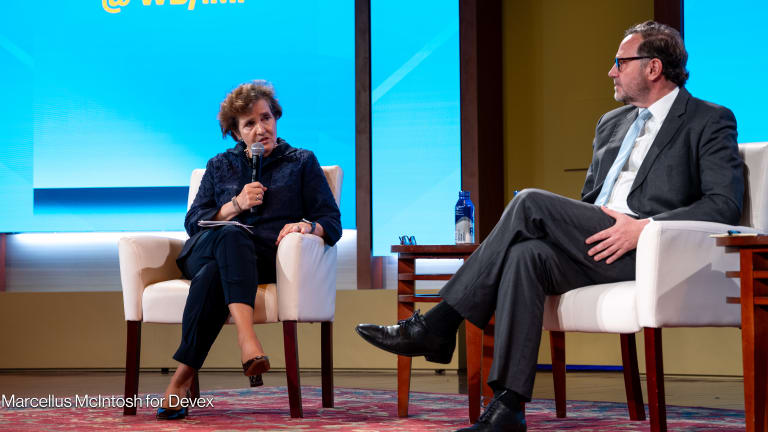In Nairobi, Kenya, last week the second high level meeting of the Global Partnership for Effective Development Cooperation, a broad-sweeping agenda that has struggled to gain traction in recent years, generated a renewed sense of energy for delivering on commitments, despite continued challenges in gaining political attention in the U.K.
The meeting saw stakeholders from across the development sector — governments, civil society, trade unions, parliamentarians, foundations, business and many more — come together to take stock of progress in implementing the commitments and promises made on aid and development effectiveness in the last 15 years.
These cover everything from improving aid transparency to improving the ownership of development by people and governments in developing countries. All things about how to do aid and development better, smarter and more efficiently — how to ensure aid and other forms of development cooperation are more effective and better value for money.








